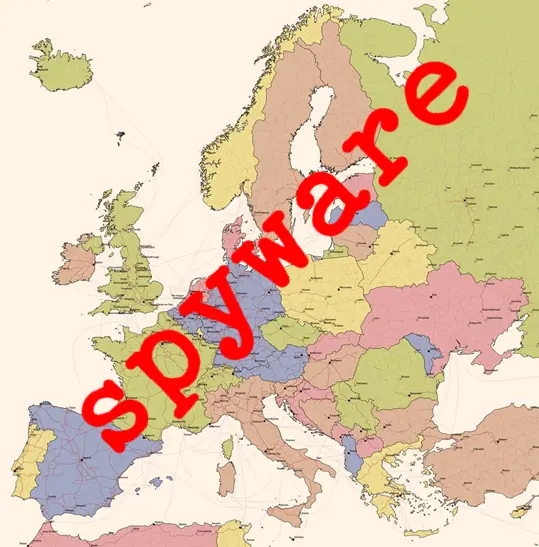Here is a great weekend read, which I found very interesting: It is an excellent article by Morgan Meaker at Wired UK, examining the apparent plague of spyware, being discovered on the smartphones of activists, journalists and politicians, across Europe Spyware Scandals Are Ripping Through Europe | WIRED UK All …
Phishing attacks are meant to deceive everyone…
Even someone like me and Dan Goodwin, who wrote the linked article – people who work in cybersecurity all the time. I’m a security reporter and got fooled by a blatant phish | Ars Technica It is worth reading to see what you are dealing with, when it comes to …
Continue reading “Phishing attacks are meant to deceive everyone…”
Long term firmware compromise
This is an article looking at the invisible threat in our hardware – UEFI rootkit attacks. Discovery of new UEFI rootkit exposes an ugly truth: The attacks are invisible to us | Ars Technica
Advice from the National Cyber Security Centre and the UK Government – actions to take when the cybersecurity risk is high (Russia Ukraine Conflict) – UPDATED 2 May 2023
This post was originally made on 2 March 2022. It will be updated as the Russian Ukraine Conflict develops and will highlight the cyber security issues facing organisations and individuals at this time. The National Cyber Security Centre (NCSC) is advising all UK organisations to review and improve their cyber …
Zero-day targeted attack against journalists using Google Chrome
This attack was highly targeted, using spyware from an Israeli cyber weapons company Candiru. To get the spyware onto the target machines the threat actors exploited, what was then, a zero-day vulnerability in Google Chrome. Zero-day used to infect Chrome users could pose threat to Edge and Safari users, too …
Continue reading “Zero-day targeted attack against journalists using Google Chrome”



